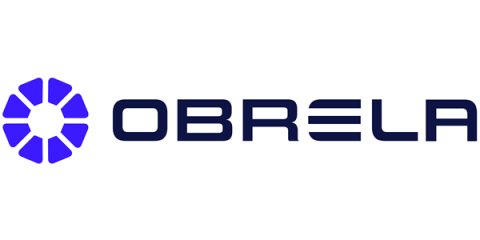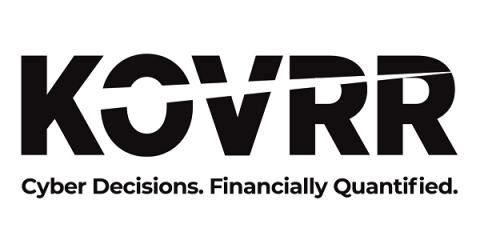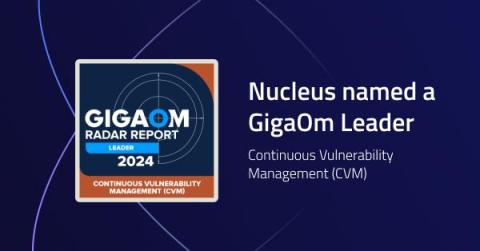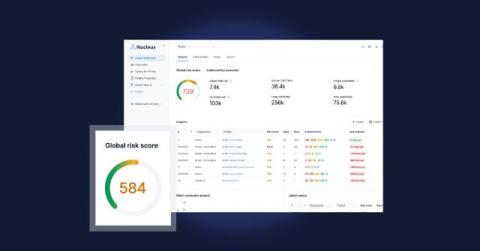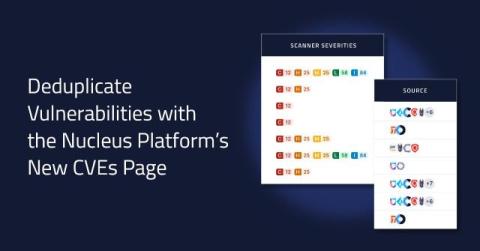What is Cloud Security? Best Practices, Challenges
Cloud security refers to the comprehensive set of measures and technologies designed to protect data, applications, and infrastructure within cloud environments. As more businesses migrate to cloud platforms, safeguarding these environments becomes critical. The shift to cloud brings efficiency, scalability, and cost-effectiveness, but given the rising trends of cyber-attacks, it also introduces new security challenges that must be addressed to ensure sensitive data remains protected.


